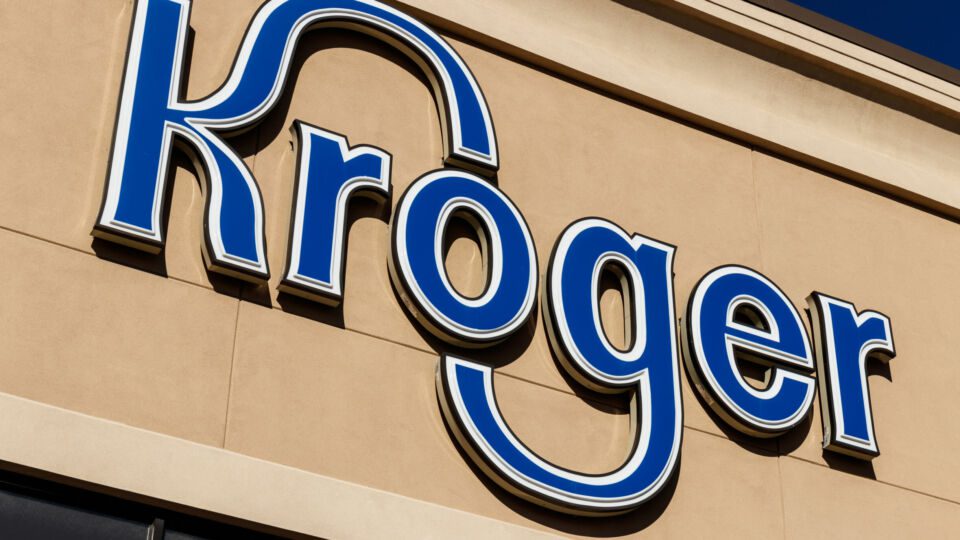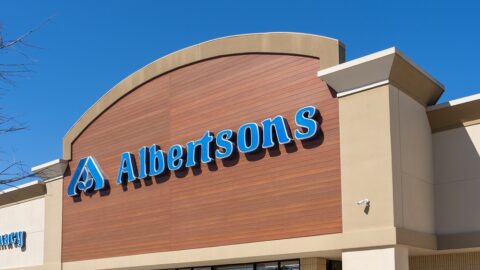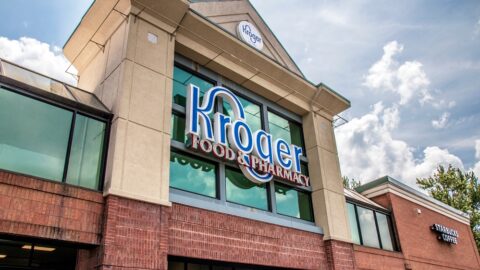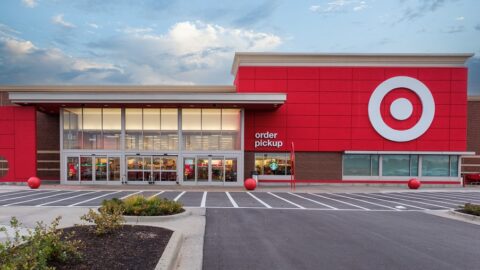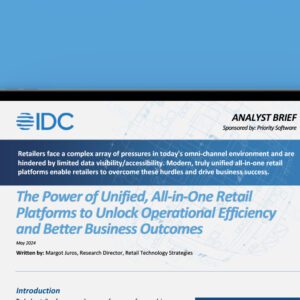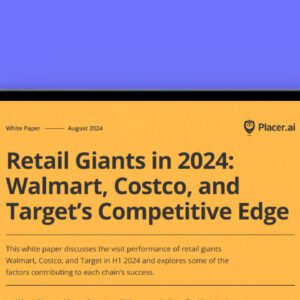Kroger and Albertsons Companies have entered into a definitive agreement under which the retailers will merge to establish a national footprint. Under the terms of the agreement, Kroger will acquire all of the outstanding shares of Albertsons for an estimated total consideration of $34.10 per share, with a total enterprise value of approximately $24.6 billion. This represents a premium of about 32.8% above the price of Albertsons common stock as of Oct. 12, 2022.
Together, the grocery chains employ more than 710,000 associates and operate a total of 4,996 stores, 66 distribution centers, 52 manufacturing plants, 3,972 pharmacies and 2,015 fuel centers across 48 states and the District of Columbia. The companies reach approximately 85 million households through their omnichannel offerings. The transaction is expected to advance Kroger’s operations in a number of ways, including:
- Creating an expanded network of stores and distribution centers, as well as a broader supplier base, which will enable the combined company to optimize its supply chain to deliver products from field to table to more customers more quickly to expand its portfolio of fresh products and extend shelf lives;
- Putting the combined company in a better position to relieve the inflationary pressures facing shoppers with a combined portfolio of approximately 34,000 total private label products across premium, natural and organic, as well as opening price point brands. The retailer’s increased manufacturing footprint and expanded national reach will drive improved quality and efficiency across its private label portfolio;
- Generating stronger customer insights to offer improved tailor-made experiences through a comprehensive first-party data repository that will utilize Kroger’s data science capabilities to develop a more compelling loyalty program, offer more relevant recommendations and promotions and deliver personalized recommendations for healthier alternatives to products as part of Kroger’s Food as Medicine initiative;
- Utilizing shared operational learnings across both large and small store formats, a more extensive and efficient distribution network of customer fulfillment facilities and capabilities, and an expanded pickup footprint to create a single seamless omnichannel ecosystem. The combined company will aim to offer customers a more personalized and convenient experience no matter which channel shoppers use.
The merger also will help Kroger further reduce prices for customers in the face of inflation through the reinvestment of approximately half a billion dollars of cost savings from synergies. Additionally, an incremental $1.3 billion will also be invested into Albertsons Cos. stores to enhance the customer experience, and the combined company expects to invest $1 billion to continue raising associate wages and comprehensive benefits after close.
Kroger also plans to delve deeper into retail media networks, building on its recent expansion into connected and online TV. The company will leverage the Albertsons Cos. Media Collective to provide its clients with more highly targeted solutions and accelerate the growth of the alternative revenue stream.
Advertisement
“We are bringing together two purpose-driven organizations to deliver superior value to customers, associates, communities and shareholders,” said Rodney McMullen, Chairman and CEO of Kroger, who will continue in those roles at the the combined company. “Albertsons Cos. brings a complementary footprint and operates in several parts of the country with very few or no Kroger stores. This merger advances our commitment to build a more equitable and sustainable food system by expanding our footprint into new geographies to serve more of America with fresh and affordable food and accelerates our position as a more compelling alternative to larger and non-union competitors.”
Kroger and Albertsons plan to make store divestitures in order to comply with regulatory guidelines. Albertsons will establish a subsidiary, SpinCo, which will be spun off as a standalone public company prior to the merger closing. SpinCo will control between 100 and 375 of the divested stores. The combined retailer also can benefit from reduced redundancy between to two companies.
“This deal can make a lot of sense for Kroger,” said Ken Fenyo, President, Research & Advisory at Coresight Research in a statement. “It creates a national footprint and scale—they currently haven’t got locations in Northern California, the Northeast and several other markets. Merging with Albertsons will better position Kroger to compete with Walmart and even Amazon on a national scale. It’s also an opportunity for cost savings – in many locations, there’s a Kroger’s right across from an Albertsons, which is highly inefficient. This merger would lead to massive savings, as it would eliminate overlaps in stores, tech investments, marketing spend, and so on.”



